-
Copyright Law for Folklore Hampers Cultural Growth
Ghana has a rich folkloric tradition that includes Adinkra symbols, Kente cloth, traditional festivals, music and storytelling. Perhaps one of Ghana's best known folk characters is Ananse, the spider god and trickster, after whom the Ghanaian storytelling tradition Anansesem is named.
The Conversation Africa 23rd September 2019 -
Health System Isn't Quite Ready for Climate Change Realities
Climate change has been labelled as the greatest public health risk of the 21st century. Health risks from climate change are expected to become increasingly severe in the coming years. They threaten the many advances being made in global public health.
The Conversation Africa 20th September 2019 -
How Activists Changed the Course of an Inner-City Project
Ghana is one of the few countries in Africa where more than 50% of the population is permanently resident in cities. This urban population is located primarily in two cities; the capital Accra, and Kumasi. Both Accra, and Kumasi are home to 2 million people.
The Conversation Africa 27th August 2019 -
Year of Return 2019 - Traveler, Tourist or Pilgrim?
"We may call ourselves African Americans but we are truly disconnected from Africa. I say WE because I'm not excluded! I thought 'my people' came from South Carolina ... but this heritage was only a small part of my people's journey that began in Ghana, a place that had kings well before Europe had theirs."
The Conversation Africa 23rd August 2019 -
Pact With China to Explore Bauxite Threatens a Unique Forest
Ghana's Atewa forest is one of the most beautiful and scenic landscapes in the country. It is seen as the better of only two Upland Evergreen forests left intact in the country, forming part of the six dominant vegetation zones of Ghana based on different climates zones.
The Conversation Africa 19th August 2019 -
What You Need to Win Afcon Soccer Tourney
The African Cup of Nations (AFCON) tournament is the most important sporting event on the continent. It attracts media attention, sponsors and draws significant global viewership. Organised every two years, it is also considered one of the most difficult to win based on a large qualification pool.
The Conversation Africa 16th August 2019 -
More Efficient Spending Needed to Fix Gaps in Education
The Millennium Development Goals were announced to the world in the year 2000. They marked a significant milestone in instituting a goal-based approach towards development. In terms of policies, they have arguably been the most successful in driving the world's agenda towards global development.
The Conversation Africa 15th August 2019 -
Growing More Cashews - What About Unintended Consequences?
Over at least the last decade, one of Ghana's most vital breadbaskets has been converted into cashew nut production to feed export markets. Bono East, Bono and the Ahafo regions - previously known as the Brong Ahafo region - are being transformed by cashew production. This growth has positioned Ghana as one of the largest producers of raw cashew nuts in Africa.
The Conversation Africa 15th August 2019 -
How Young Ghanaians View Corruption
A corruption scandal is in the news in Ghana again. Media reports suggest an elaborate scheme of cronyism in the procurement of private sector involvement in the country's energy industry. This is only the latest of many allegations of serious corruption in the country.
The Conversation Africa 14th August 2019 -
Ghana Hopes 'Year of Return' Will Boost Tourism. but Caution Is Needed
Ghana has designated 2019 as the Year of Return to commemorate 400 years since the first enslaved Africans arrived in Jamestown, Virginia in the United States. The government has been running a massive marketing campaign targeting African Americans and the diaspora, and various events have been arranged. The focus has been on memorialising the liberation from slavery. But it has also served as a marketing exercise to popularise Ghana as a tourism destination with Trans-Atlantic trade appeal.
The Conversation Africa 09th August 2019 -
Lessons to Be Learnt From Excess Electricity Shambles
Access to energy plays a critical role in economic development. But bad government policies have affected energy security in many developing countries.
The Conversation Africa 06th August 2019 -
Subtle Abuse Affects Women During Childbirth
Stripping women of dignity and respect during childbirth is not only a violation of human rights. It also affects the health of women and babies. It's time to recognise the urgency of the problem and commit to giving women the care they deserve.
The Conversation Africa 02nd August 2019 -
Kwame Nkrumah - Why, Every Now and Then, His Legacy Is Questioned
Kwame Nkrumah led Ghana to independence in 1957 - the first country in sub-Saharan Africa to achieve this feat. He's still remembered for his unrepentant anti-colonial stance and strident Pan-Africanism. Above all, he is regarded as one of Africa's ablest statesmen of the 20th century.
The Conversation Africa 01st August 2019 -
How 'Bride Price' Reinforces Negative Stereotypes - Case Study
Marriage is an institution common to all cultures. Very often it's accompanied by transfers - in most cases in the form of payments - between the families of the groom and the bride.
The Conversation Africa 30th July 2019 -
Ghana's Constitution Is Meant to Protect the Media - but Does It?
Between independence 1957 - the year Ghana won independence from British - until 1992 the country had three civilian heads of state interspersed with several military rulers. But that year it finally embraced democratic rule and adopted a constitution.
The Conversation Africa 24th July 2019 -
Ghana Hopes to Benefit From Hosting Africa's Free Trade Area Secretariat
Ghana has been chosen by the African Union (AU) to host the secretariat of the African Continental Free Trade Area. It beat other competing countries including Egypt, Eswatini, Ethiopia, Kenya, Madagascar and Senegal to win the bid.
The Conversation Africa 19th July 2019 -
New Aviation Laws Aim to Make Air Travel Safer
Ghana recently spent $275 million expanding and modernising Kotoka International Airport located in the capital city, Accra. This is part of its plan to attract eight million tourists annually by 2027. A significant increase from the 1.2 million people who visited the country in 2015. Given that most of these tourists will arrive in the country by air, attracting them partly depends on Ghana's ability to create and maintain a safe air transport sector.
The Conversation Africa 11th July 2019 -
Resistance and Collaboration - Asameni and the Keys to Christiansborg Castle in Accra
"Yes, you can see the keys. But, you must make an appointment and come back another day. After all, now that we know who you are, for all we know, you may have come to collect the keys from us, and take them back to Denmark," Nana Samanhyia Darko II, the Gyaasewahene (Chief of Staff) mischievously chuckled.
The Conversation Africa 11th July 2019 -
How Ghana Is Acing Its Transition to Mobile Financial Services
In the past few years, the unprecedented growth of mobile financial services in sub-Saharan Africa has defied all expectations. While Kenya is often cited as a leading example of digital transformation, Ghana has recently become the fastest-growing mobile money market in Africa, with registered accounts increasing six-fold between 2012 and 2017. The country's experience provides a fresh perspective on its digital transformation and demonstrates that technology can help modernise the financial system
The Conversation Africa 08th July 2019 -
Why Country Is Likely to Go On Needing the IMF - However Difficult the Relationship
The relationship between Ghana and the International Monetary Fund (IMF) is, to many Ghanaians, a difficult one. Most Ghanaians are of the view that the country should divorce itself from the international body.
The Conversation Africa 01st July 2019
-
FiveSixFive’s PA Conference champions cross-border growthBusiness4 days ago
-
Mid-Year Budget: More buffers must be built to tackle exogenous shocksOpinion5 days ago
-
LIVE: Ghana Tonight with Alfred Ocansey || 30-07-2025Video4 days ago
-
Ashanti Regional Peace Council Condemns Targeted Killings at AsawaseAshanti3 days ago
-
Swedru All Blacks to play home games at Swedru Stadium ahead of 2025/26 GPL seasonGhana Premier League3 days ago
-
PHOTOS: Kotoko present Presidentâ??s Cup and Toyota Cup trophies to OtumfuoGhana Premier League4 days ago
-
Francis Amuzu draws interest from Saudi Arabia after mixed spell at GremioLatest News4 days ago
-
Mahama to host African Health Summit in Accra on August 5Health14 hours ago
-
3 Arrested for Possessing Firearms, Restricted Drugs Near SaveluguGeneral News2 hours ago



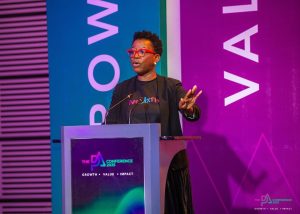
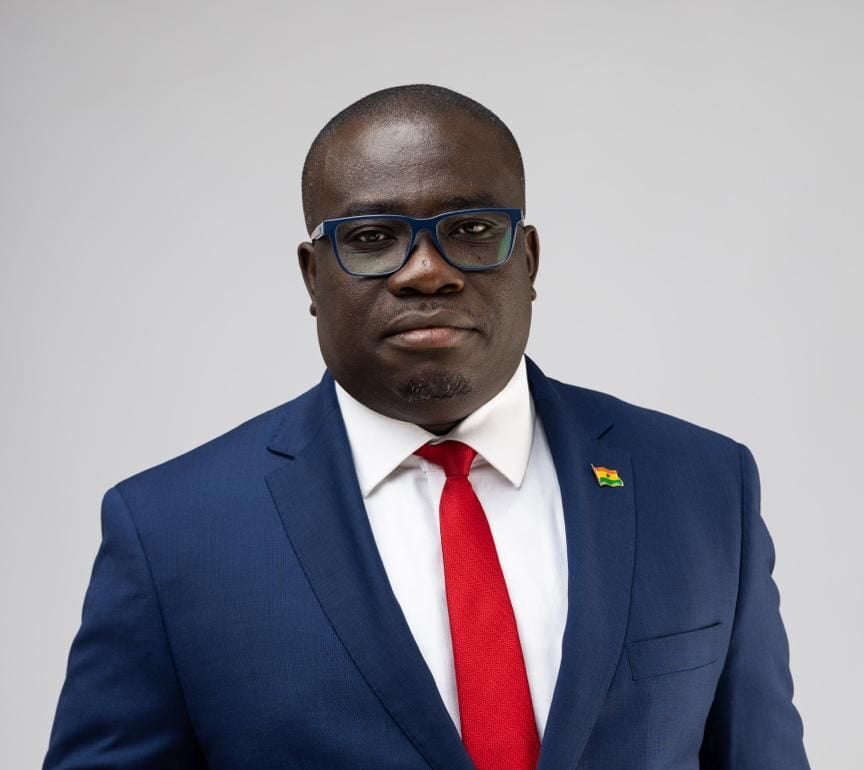
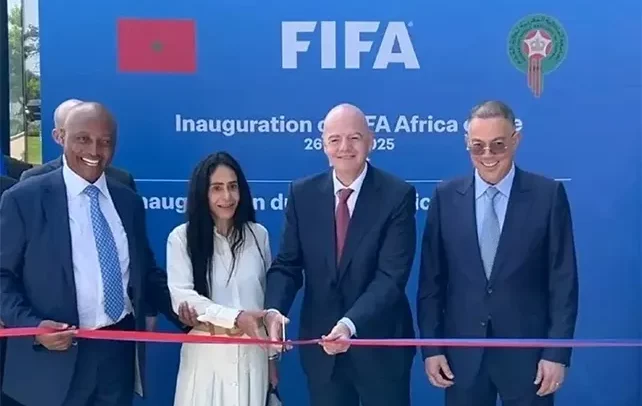
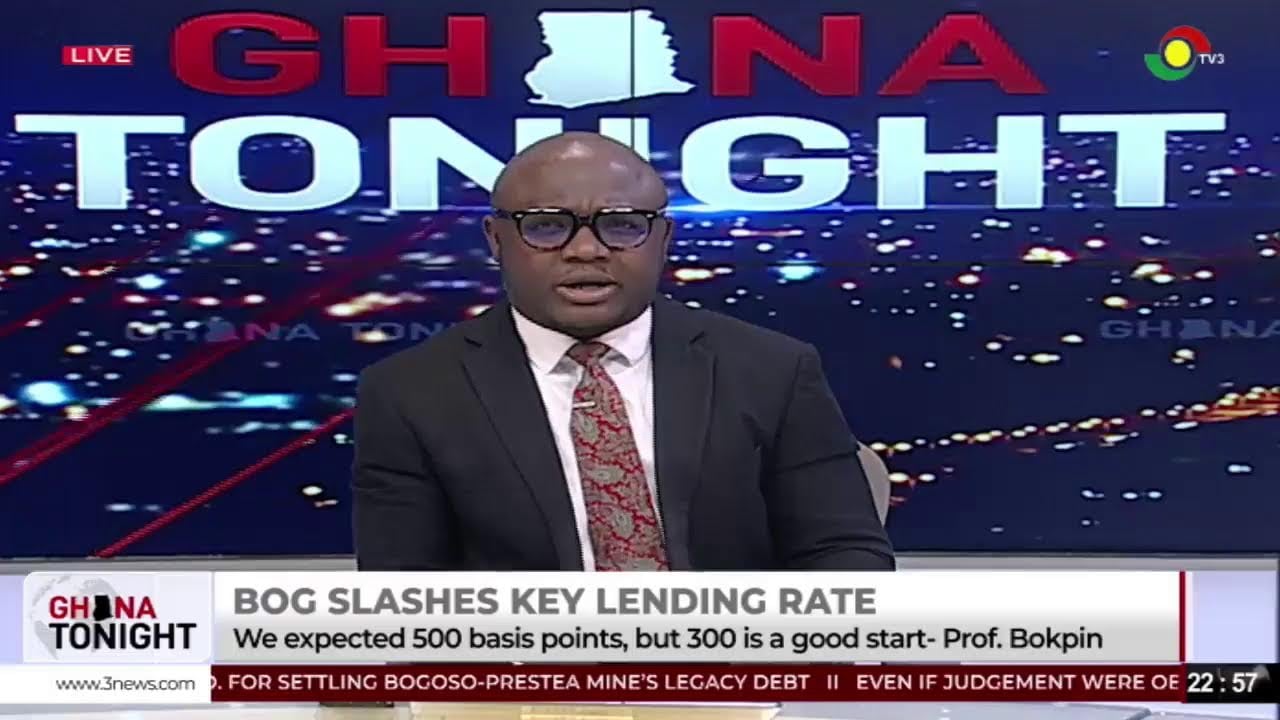




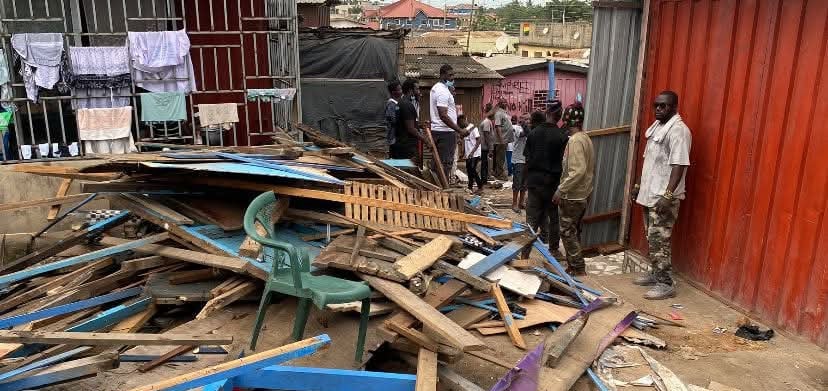
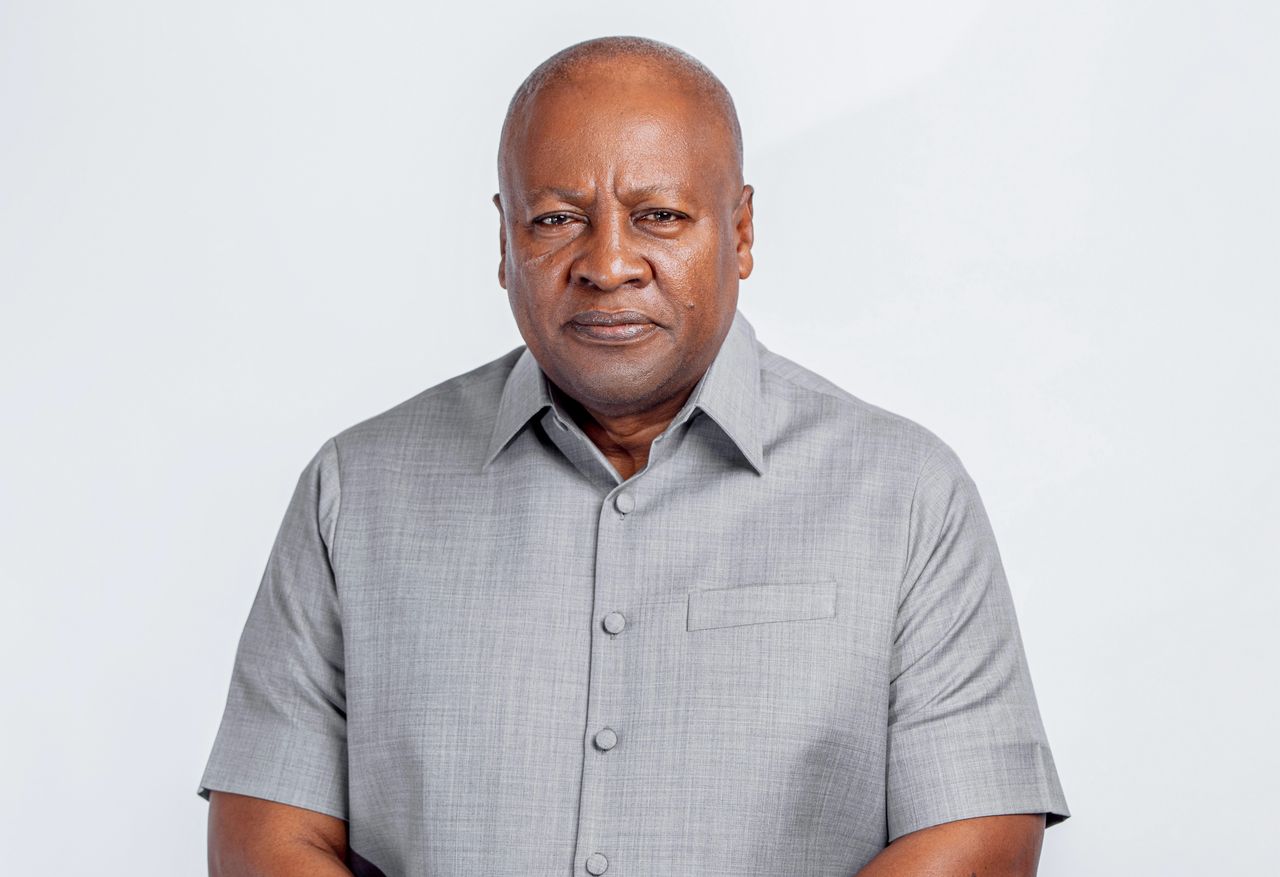
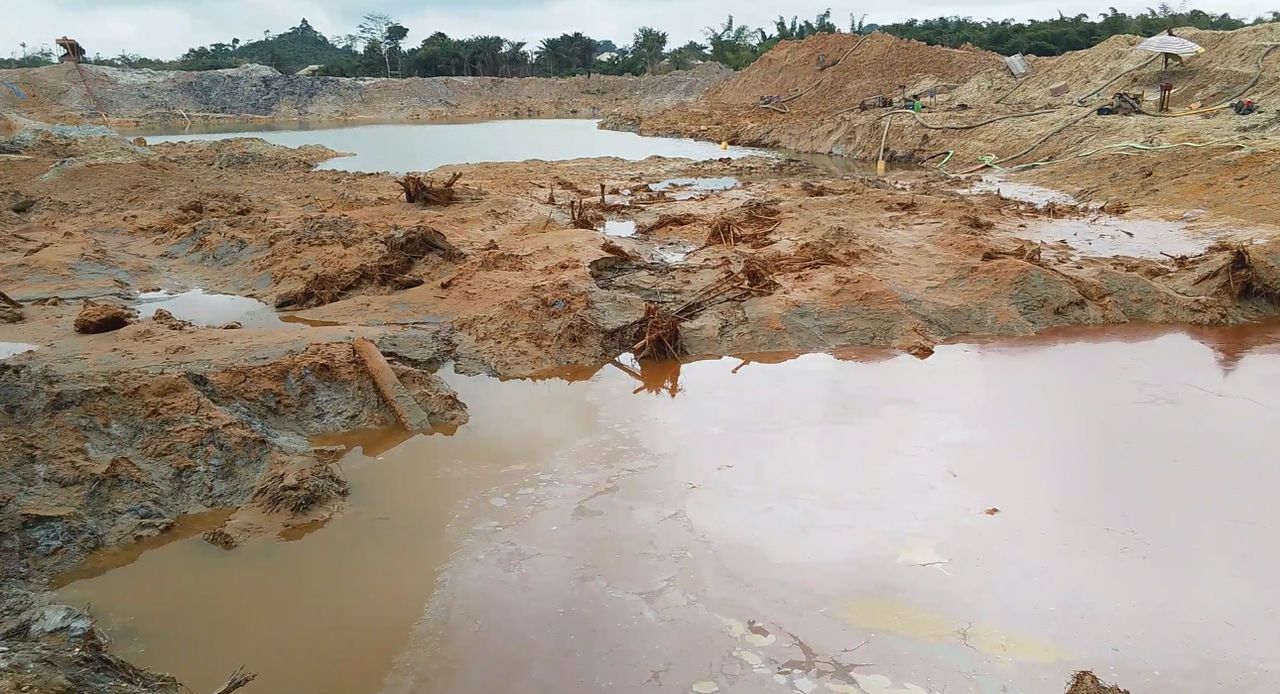


Facebook
Twitter
Pinterest
Instagram
Google+
YouTube
LinkedIn
RSS